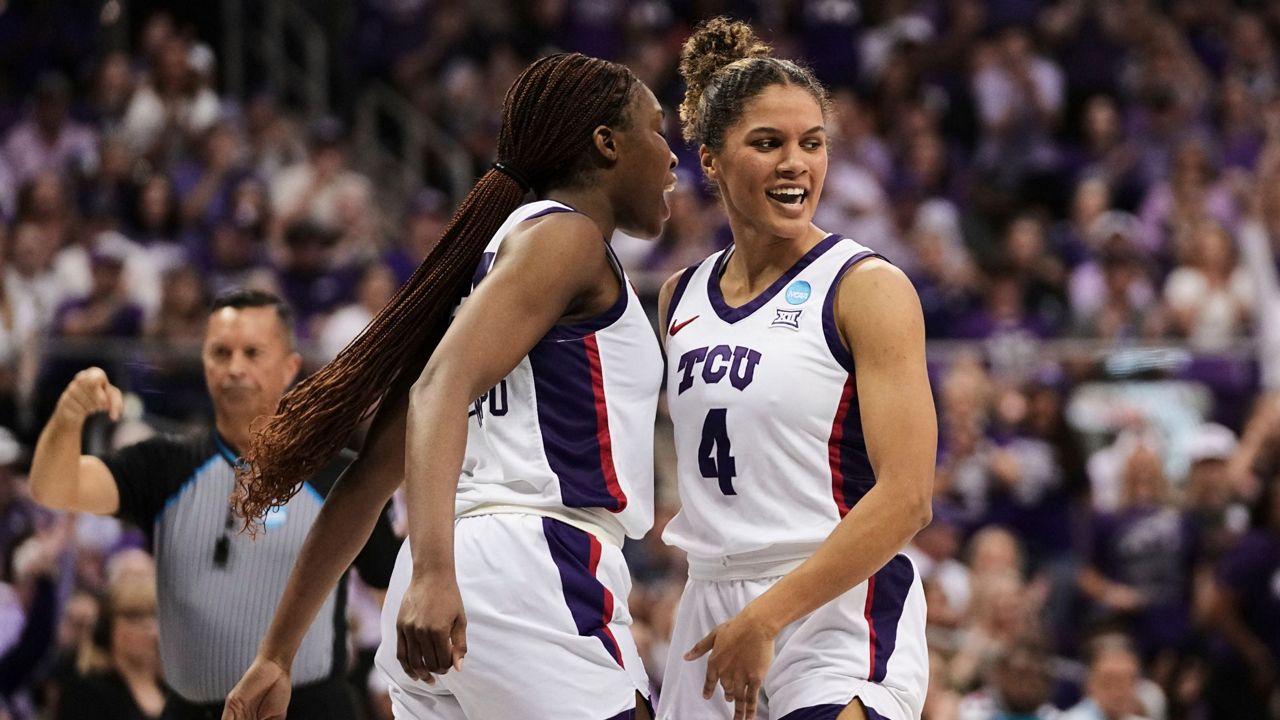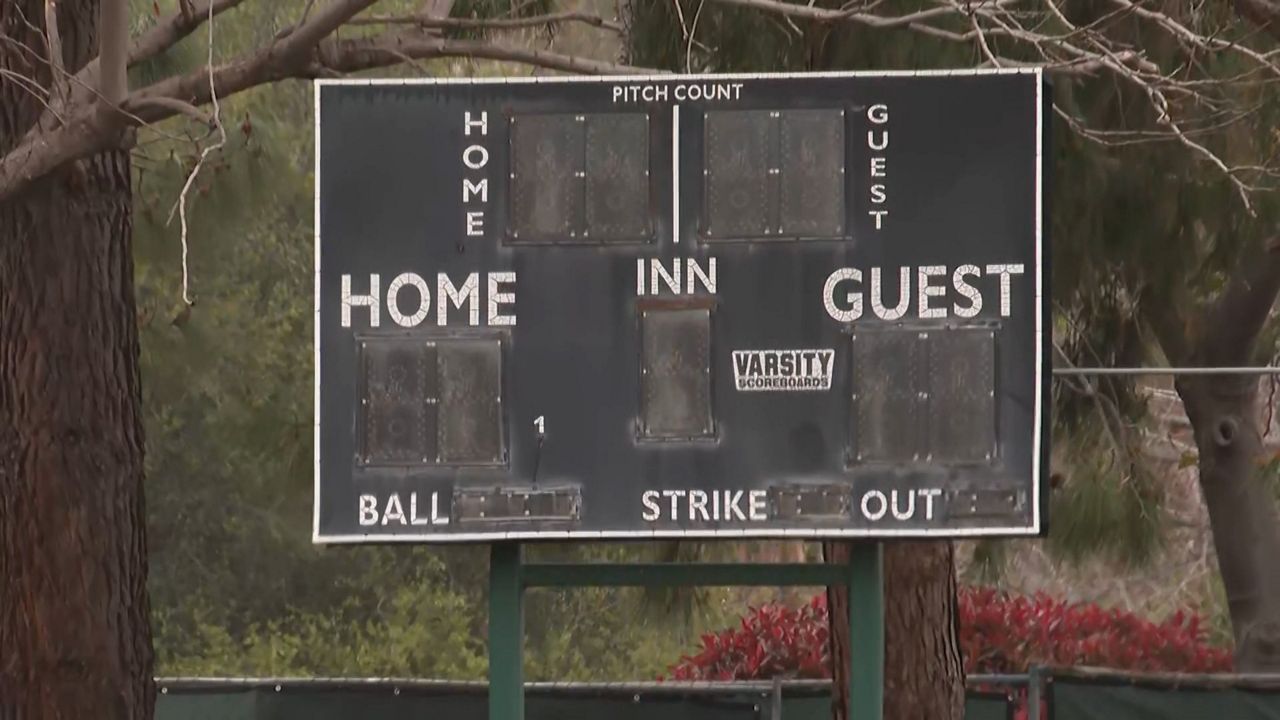LOS ANGELES — If it sounds unusual for a math teacher to get excited about reading, then you probably haven’t met Ms. Zatchell Fortin.
She’s a first grade teacher at St. Aloysius School in South Los Angeles. It’s the first time she’s taught math concepts through storytelling without the traditional textbooks.
“They’re very daunting and very long and it gives students this major anxiety, but if I use children’s books, storybooks, it helps them connect,” Fortin said, which improves both math and literacy skills simultaneously.
She’s able to do this thanks to Gordon Philanthropies. The private foundation says it has donated over 50,000 books in the past year to some of the most underserved schools in Los Angeles through its “Communities That Read Together, Grow Together” Program.
When principal Nicole Johnson first heard about it, she didn’t believe her ears.
“I actually thought it was a prank call,” Johnson laughed.
She says over 92% of students at her school live below the poverty line. The program provides students with up to eight brand new books of their choosing every four months, delivered directly to their homes.
“They’re second-language learners and so they’re in homes where many of our families don’t speak English, and this is allowing families and parents to feel connected to their students education,” Johnson said.
“As soon as she finished one book, I read it myself and then I question her, like ‘What was this character,' or 'What happened?’” said Yadiva Guevara, a parent who works at the school and instilled a love of reading in her daughter Camila Alndavera, 9, who loves mysteries.
“You get to like learn stuff like for your vocabulary but also at the same time, you’re thinking, ‘Maybe this could happen or what if he gets trapped there?’” said Alndavera. “A lot of kids are always on their devices while me, on the other hand, I can stop and just read a book that I enjoy.”
Guevara says when she grew up, her parents didn’t have money to buy her books, so she was limited to what was at the library. Thanks to the program, it’s now a different story for her daughter, who Guevara says is more expressive and uses more detail in her sentences.
As for Fortin, she says before the free reading program, she would have purchased one book and passed it around the class. Now, she can try different lessons, making them more engaging and more fun regardless of the subject.
“If we can expose them to all the literature that’s out there, I hope that they grow and their love for reading gets bigger and bigger,” she said.
Because in the end, that’s what truly counts.











